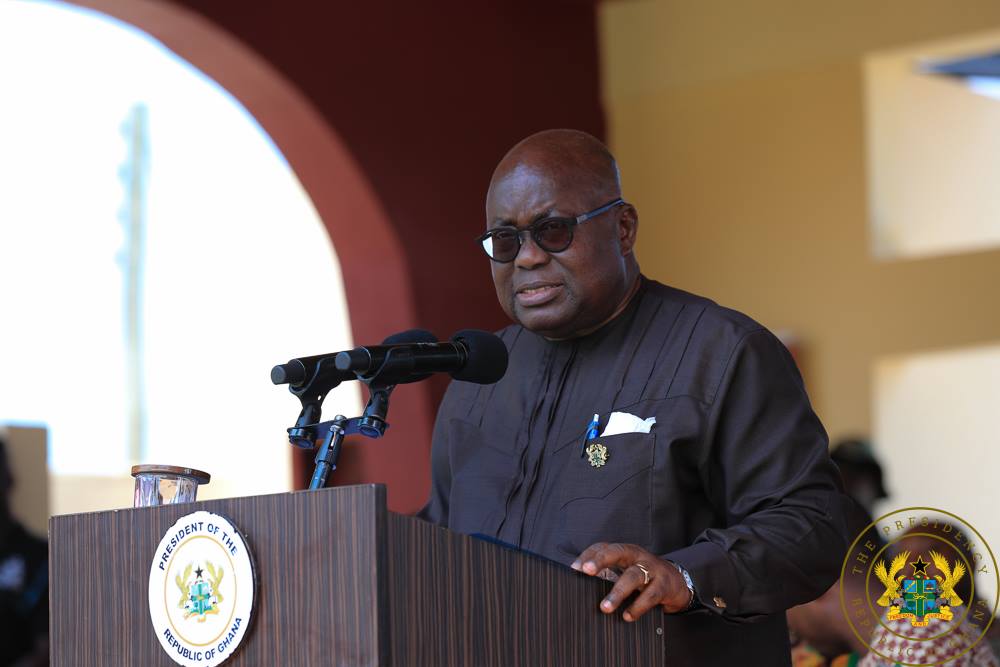The Minister of Lands and Natural Resources, John Peter Amewu said an agreement to implement this new policy direction would be concluded by November.
“In the gold industry, plans are far advanced to start refining 30 percent of gold [locally]. I am sure by November; we should be able to execute that agreement were 30 percent of Ghana’s gold from those mining companies will be refined [here].”
The Mining industry of Ghana accounts for 5 percent of the country’s GDP, and minerals make up 37 percent of total exports, of which gold contributes over 90 percent of the total mineral exports.
But 90 percent of the gold mined is exported without value addition.
Mr. Amewu said this was of prime concern to the Akufo-Addo government.
“What is interesting and very important to this country now is the President’s concern for value addition, and it is key that we must begin to add some value to our raw materials because it is clear we are not benefiting from the raw materials that have been extracted and taken out of this country. So the value addition aspect is very important.”
“We will call on companies that are interested to begin to talk to the government and see how we can establish a refinery that of course will benefit both the company and Ghanaians in General,” the Minister added.
National Assay Programme
The government is currently working towards the implementation of National Assay Programme.
Precious Minerals Marketing Company (PMMC), which has been appointed as the national assayer, is expected to assess all unprocessed minerals exported out of the country.

But the PMMC does not presently have the necessary technology to be fully operational.
In line with supporting the local mining industry, President Nana Akufo-Addo also urged mining companies operating in Ghana to begin producing the inputs they import locally.
According to him, the huge spending by mining companies leaks from the domestic economy through the importation of several tools and equipment, which Ghana can produce.



